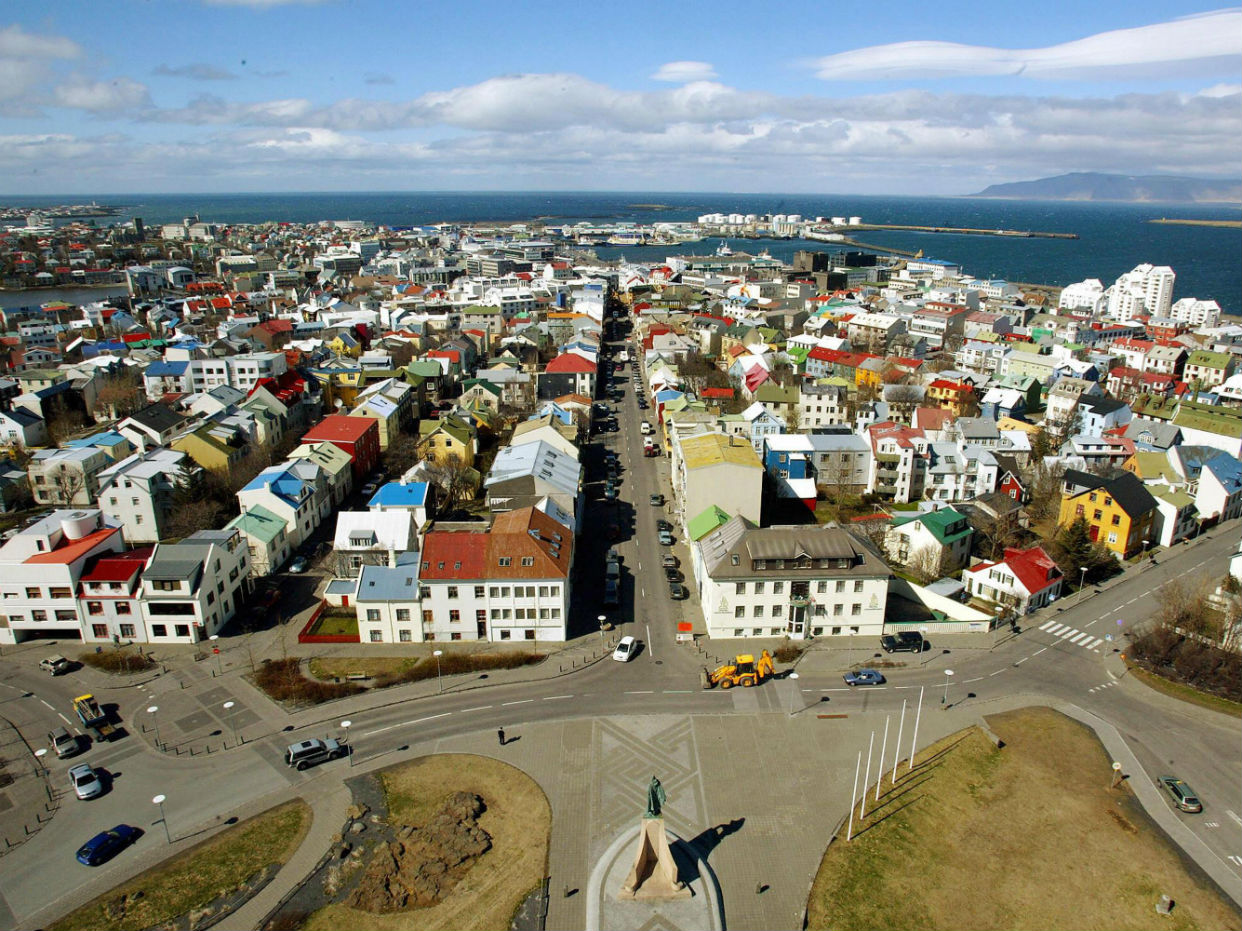Iceland forces firms to prove men and women are paid equally
Nordic nation pledges to eradicate gender pay gap by 2022

A free daily email with the biggest news stories of the day – and the best features from TheWeek.com
You are now subscribed
Your newsletter sign-up was successful
Iceland is believed to be the first country in the world to enforce gender pay parity.
In Iceland, and in many other countries, it’s illegal to pay men and women differently on the basis of gender without a valid reason.
But, according to NPR, “what is remarkable about the new law in Iceland is how it enforces equal pay standards... the burden is on companies to prove that their pay practices are fair”.
The Week
Escape your echo chamber. Get the facts behind the news, plus analysis from multiple perspectives.

Sign up for The Week's Free Newsletters
From our morning news briefing to a weekly Good News Newsletter, get the best of The Week delivered directly to your inbox.
From our morning news briefing to a weekly Good News Newsletter, get the best of The Week delivered directly to your inbox.
Under the new legislation, companies and Icelandic government agencies with 25 or more employees must obtain government certification for their equal pay policies or face fines or auditing, the London Evening Standard reports.
The law came into force on 1 January and there have been calls from the US and UK to follow Iceland’s lead, the HuffPost says.
Iceland is already considered the world’s most gender-equal country in terms of pay, according to 2017 World Economic Forum statistics. The group’s Global Gender Gap report found that the country had closed more than 70% of its gender pay gap prior to the new law.
The UK was in 15th place last year, with a 16.% pay gap between men and women, the London Evening Standard says. Female managers in Britain earn £12,000 less than their male counterparts, Business Insider adds.
A free daily email with the biggest news stories of the day – and the best features from TheWeek.com